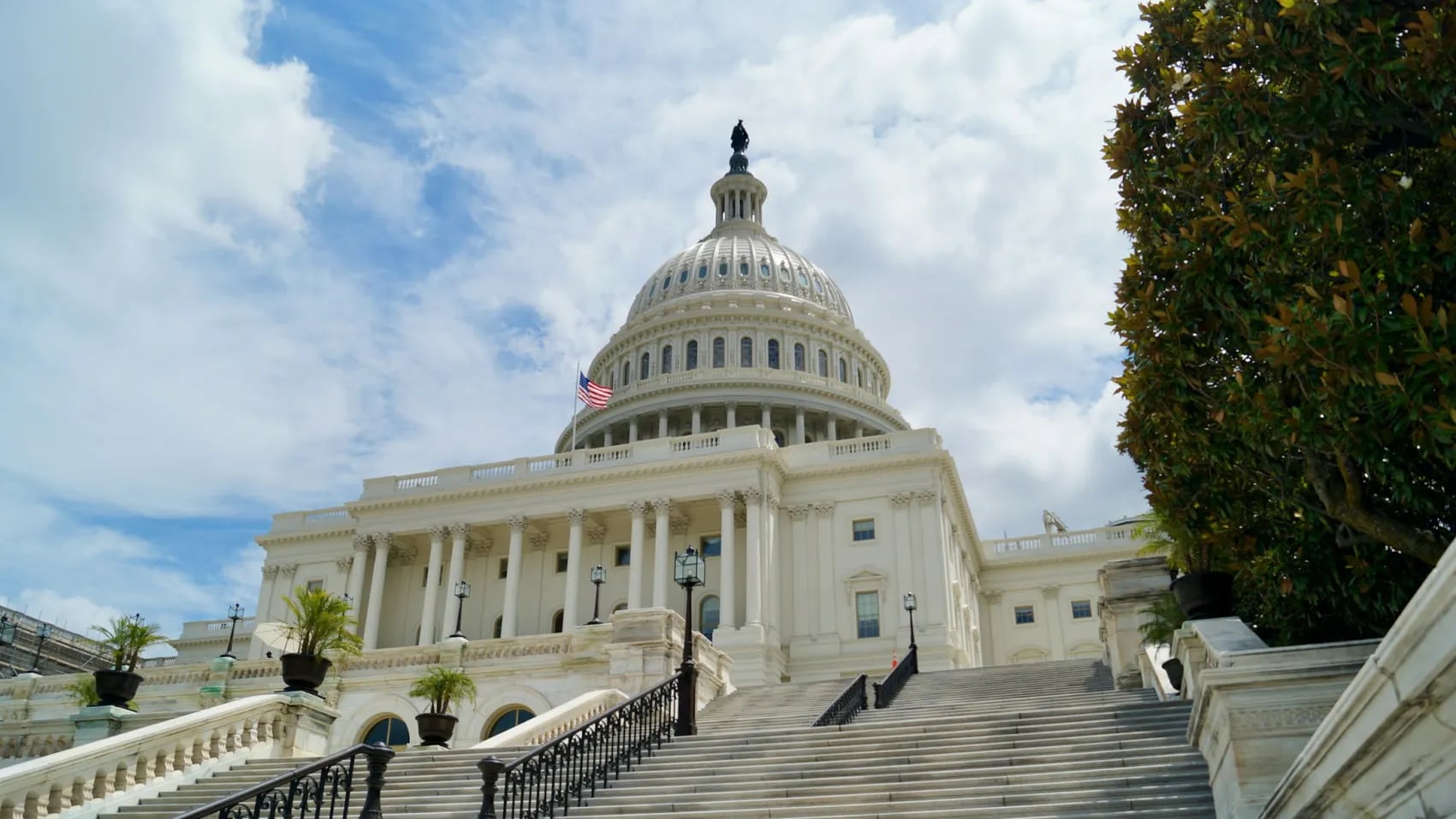
The 2024 election cycle has resulted in a significantly altered political landscape for digital finance. With crypto industry spending exceeding $100 million across various races and the election of a pro-crypto administration, the regulatory outlook has changed dramatically. Amid headlines and market excitement — with Bitcoin surpassing $90,000 post-election — it is crucial for the crypto sector to reassess its focus. The future cannot pivot on partisan politics; rather, the focus needs to be on the industry’s new role in Washington.
Two months ago, I was before the House Financial Services Subcommittee on Digital Assets. That hearing now feels like a time capsule from another era — before an election cycle that confirmed crypto as a legitimate campaign topic, complete with proposals for a national Bitcoin reserve and reshaping regulations. What began as technical discussions regarding DeFi has now evolved into debates about America’s future in finance.
While the election brought changes to key committees, crucial principles for responsible DeFi oversight must remain constant, unaffected by political fluctuations. Innovation, consumer protection, and financial inclusion transcend party affiliation — they are values rooted in American ideals. The election results, particularly where crypto policy was pivotal — for instance, Bernie Moreno’s defeat of Sherrod Brown in Ohio — show that voters from all sides are motivated by these issues.
The theme of bipartisanship is central as we move forward. As stated by Rep. Wiley Nickel (D-NC), ‘DeFi can make our financial system more accessible, transparent, efficient, and innovative.’ His call for mutual support for both innovation and consumer protection previews the narratives that will reshape local campaign discussions and identify opportunities for bipartisan cooperation in a polarized political environment.
Our collaborative advancement hinges on three essential initiatives:
-
Education: With fresh faces entering Congress, understanding our technologies is vital. This election cycle demonstrated that when policymakers are educated about the tech, they are more inclined to support it, as seen in the success of pro-crypto candidates.
-
Building Useful Applications: Addressing financial and non-financial use cases is vital. While speculation can be enjoyable, focusing only on it will hinder demonstrating DeFi’s transformative potential.
-
Ensuring Safety in DeFi: Addressing challenges posed by malicious actors is crucial. DeFi’s inherent transparency facilitates creating a safer environment compared to traditional finance.
The nuances of DeFi regulation necessitate a deep understanding and effective cooperation between industry leaders and lawmakers. America has the potential to take a leading role in this space, provided we approach DeFi with the complexity and foresight it demands.


